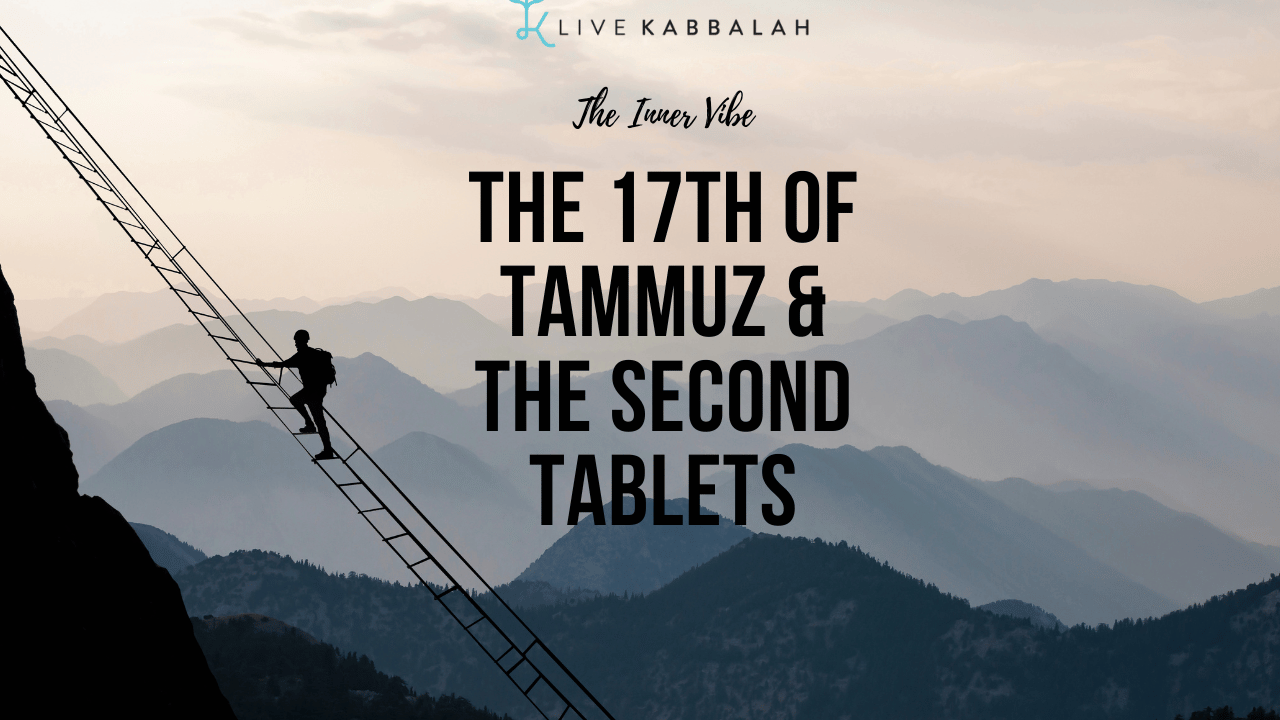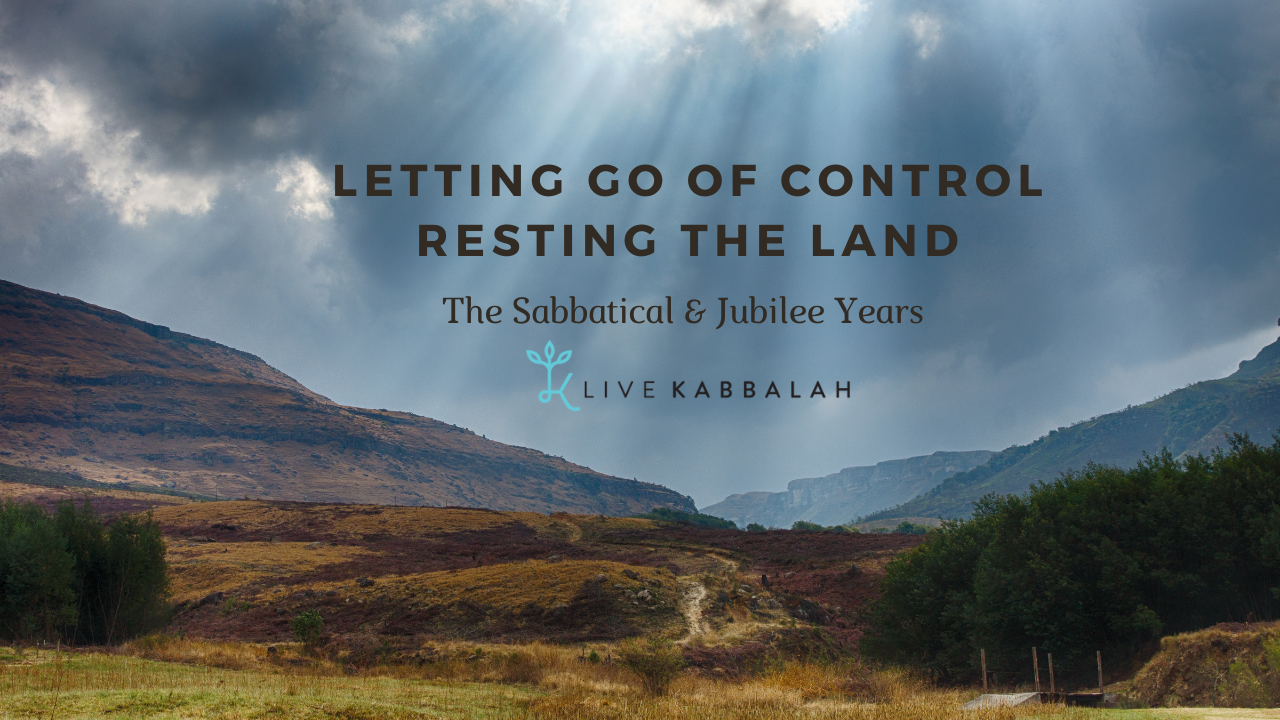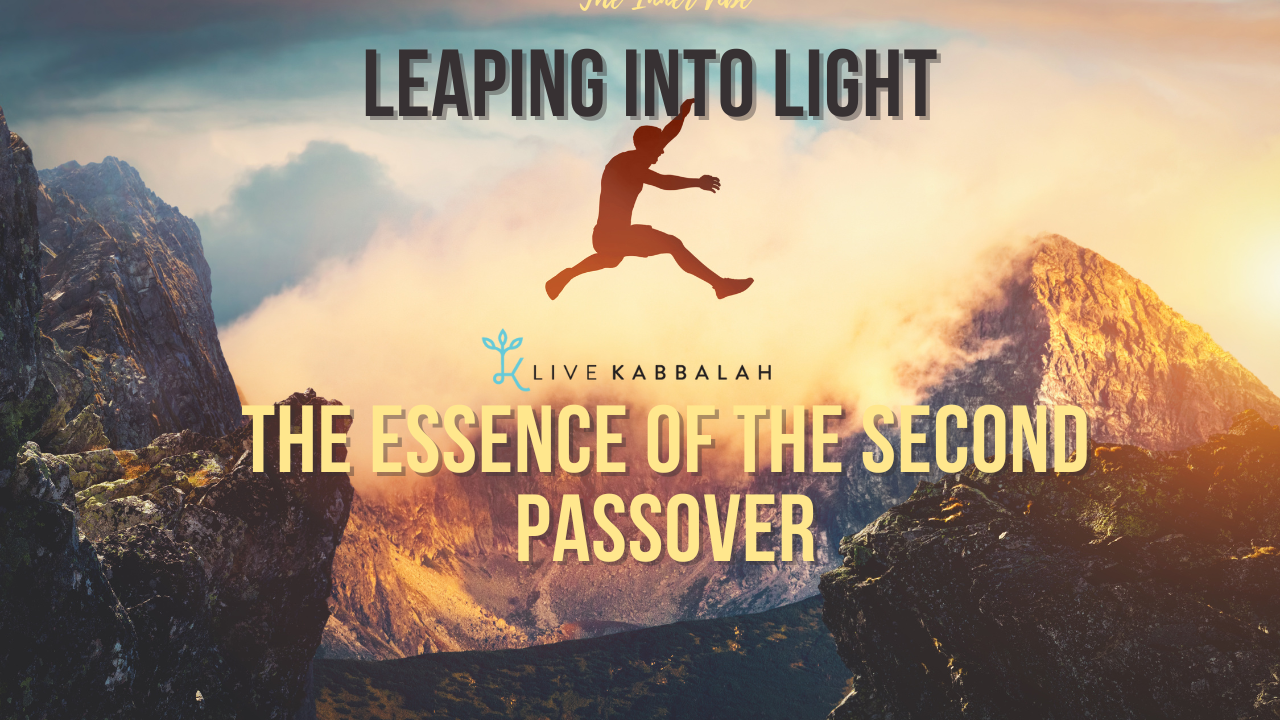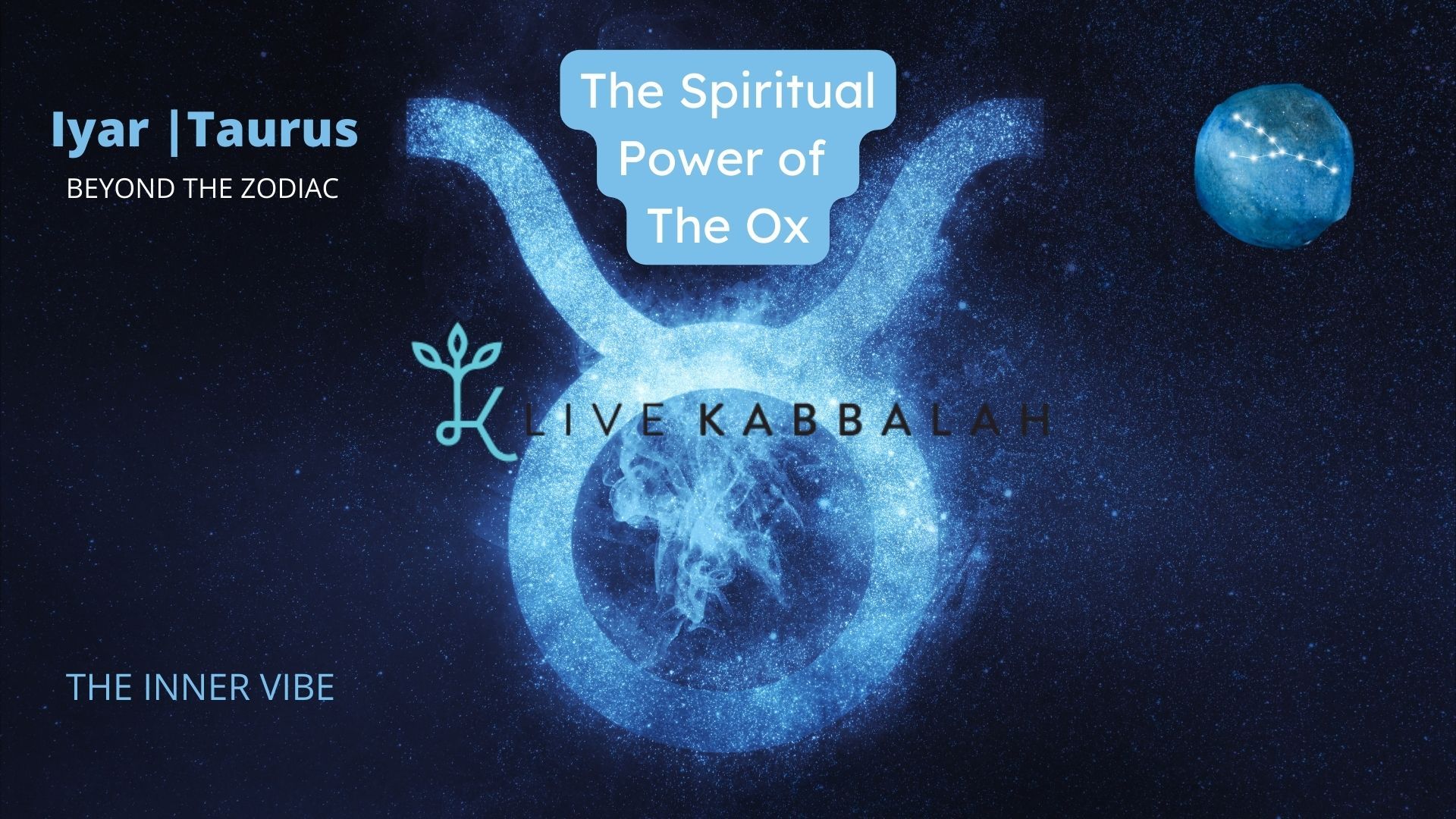Perspectives on Kabbalah, Conscious Living & Inner Growth
Who Was The Ramak?
Jul 12, 2023
The Holy Ohr Hachayim
Jul 04, 2023
What Is Devekut?
Jul 04, 2023
Jericho- The Key of The Holyland
Jun 09, 2023
Resting the Land on the Sabbatical & Jubilee Years
May 15, 2023
Lag Ba'omer 🔥 The Light of Rabbi Shimon Bar Yochai
May 08, 2023
Leaping Into Light | The Essence of Second Passover
May 05, 2023

Tiferet Meditation
Apr 23, 2023












